TORONTO: The Canadian Constitution Foundation (CCF) has been granted intervenor status in a novel case headed to the Ontario Court of Appeal about the power of the executive to override the will of the legislature. The case is Canadian Christian College v Ontario Post Secondary Quality Assessment Board and the King.
The dispute arose out of the decision by the Ontario legislature to pass legislation that allowed Canadian Christian College (CCC) to call itself a university and give it the power to grant Arts and Science degrees. CCC is run by Charles McVety, who is a political ally of Premier Ford. The legislation created a political controversy because of the relationship between Ford and McVety, and because of the history of offensive statements made by McVety, as well as questions about the financial dealings between the CCC and McVety.
In May 2021, 5 months after the legislation had passed and received Royal Assent, the Ontario Post Secondary Quality Assessment Board issued findings that CCC was “not ready” for the term university or for expanded degree granting. In reliance on these reports, the Minister of Training, Colleges and Universities refused to proclaim the legislation into force. He made this refusal using a commencement provision in the legislation, which confers statutory discretion on the executive to bring validly enacted legislation into force. In the intervention, the CCF is arguing that a commencement provision like the one at issue in this Appeal only grants the executive the limited power to determine when to bring legislation into force, not whether to bring it into force at all.
CCC is arguing at the Court of Appeal that by refusing to proclaim the legislation into force, the Minister appropriated a power to himself that belonged to the legislature. In essence, the appeal raises the fundamental question of whether a commencement provision can authorize the executive to never bring legislation into force, unless it expressly so provides.
“We are intervening in the dispute between Canadian Christian College and the Ford government to make an important point of constitutional principle about Parliamentary supremacy. The executive cannot override the will of the legislature in this way. Even if the government subsequently regretted its decision to propose legislation giving CCC new powers to grant degrees and call itself a university, and to use its legislative majority to pass it, the correct course of action would be to use the same legislative majority to repeal it. Allowing the Minister to use powers he does not have to block a law to save political face is executive overreach, because it intrudes on the power of the legislature to make laws,” said CCF Litigation Director, Christine Van Geyn. “The long term consequences of giving a Minister this type of ‘veto’ power over duly enacted laws are serious.”
The CCF is represented in this case by Sujit Choudhry and Jesse Hartery.
Members of the public interested in supporting the costs associated with this case can make a tax deductible charitable donation at theCCF.ca/donate/





